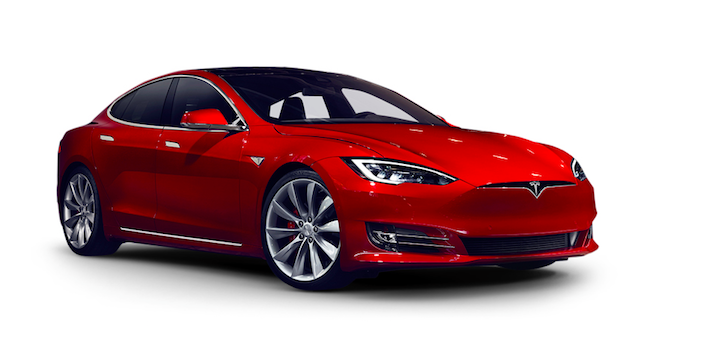Tesla vs NHTSA vs Customers – Who’s to Be Believed?

A childish situation of “he said, she said, they said” has erupted over a recent claim that Tesla’s suspension components could be flawed. Even worse, claims that Tesla hides information from the NHTSA by gagging their customers.
First, we have to go where it all started. The owner of a Tesla Model S with over 70,000 miles in the odometer suffered from a ball joint/control arm breakage and needed to get his car fixed. The car was sent to Tesla to get fixed, and Tesla noticed an abnormal amount of corrosion, but somehow said the wear on tear on that specific part was average. Because the Model S was out of warranty the issue was forwarded to upper management for consideration. According to sources, Tesla first declined to fix the problem, but then attempted to settle with the customer for 50% off repair costs in exchange for signing a non-disclosure agreement.
Then comes all the drama…
The owner of the Tesla stated he felt forced to sign a gag order which restrained him from reporting the suspension failure to anyone, including the NHTSA, and if he did so, he’d be out the money he saved by opting into the deal. Personally, I think this feeling is valid, but it’s also worth reading Tesla’s response.
Tesla responded with this post on their site: “When our customers tell us something went wrong with their car, we often cover it even if we find that the problem was not caused by the car and that we therefore have no obligations under the warranty. In these situations, we discount or conduct the repair for free, because we believe in putting our customers’ happiness ahead of our own bottom line. When this happens, we sometimes ask our customers to sign a “Goodwill Agreement.” The basic point is to ensure that Tesla doesn’t do a good deed, only to have that used against us in court for further gain.”
I previously worked for a major tech/comm company for many years, and I know exactly what Tesla refers to when they say they don’t want to do a good deed for a customer only to have it thrown in their face and be taken advantage of. Companies do sometimes show compassion and kindness, and customers do sometimes show the opposite in return.
Lastly, allegations partly fueled by an anti-Tesla blogger, Edward Niedermeyer, forced the NHTSA to get involved and release the following statement: “The agency immediately informed Tesla that any language implying that consumers should not contact the agency regarding safety concerns is unacceptable, and NHTSA expects Tesla to eliminate any such language.”
So there you have it. Who do you believe?
Chime in with your thoughts on the forum. >>
Photos via: [Tesla]
